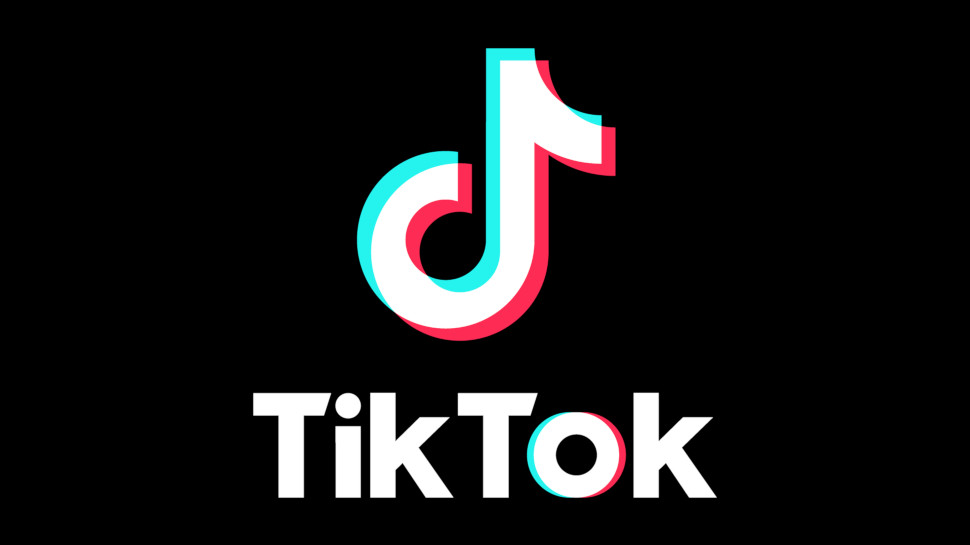FBI director worried about how China uses TikTok user data
"China is brainwashing the youth" might not just be a pet conspiracy theory

Speaking to the United State Congress, FBI Director Christopher Wray expressed “extreme” concern over China's ability to “weaponize” data belonging to TikTok's American users, Cyberscoop reported earlier this week.
TikTok is currently one of the most popular social media platforms in the world, allowing users to create short-form videos (roughly 15 seconds in length) on any topic.
However, TikTok is built and owned by ByteDance, a Chinese company, and that’s a problem for U.S. authorities, especially given the Chinese government’s control over data generated by local companies. Per Chinese law, the government can compel any company to hand over any data they hold on their servers.
Problematic APIs
The company tried to appease the US government by moving users’ data to Oracle servers stored in the country last June, but a BuzzFeed News report published soon after claimed all of that data was still visible in China.
During a House Homeland Security Committee hearing, Wray said that APIs ByteDance embeds in TikTok are a national security concern. According to him, Beijing could use them to “control data collection of millions of users or control the recommendation algorithm, which can be used for influence operations.”
In other words, China could be seeking to sow division by influencing how US TikTok users view certain events and issues.
Social media companies are no stranger to influencer operations. Back in 2014, Facebook began tweaking its algorithm to only show specific types of posts to its users. Consequently, it was accused of manipulating its users on an emotional basis.
Sign up to the TechRadar Pro newsletter to get all the top news, opinion, features and guidance your business needs to succeed!
Wray went on to address that Chinese companies could pose stark security risks, as they “do whatever the Chinese government wants to do in terms of sharing information or serving as a tool of the Chinese government [...] that’s plenty of reason by itself to be extremely concerned."
While American legislators have so far stopped short of a ban, TikTok remains unbelievably popular, superseding Facebook, Instagram and Twitter amongst younger users, and it's unlikely they'll move away from the platform without being forced to find an alternative.
- Protect your browsing with the best VPNs on the market
Sead is a seasoned freelance journalist based in Sarajevo, Bosnia and Herzegovina. He writes about IT (cloud, IoT, 5G, VPN) and cybersecurity (ransomware, data breaches, laws and regulations). In his career, spanning more than a decade, he’s written for numerous media outlets, including Al Jazeera Balkans. He’s also held several modules on content writing for Represent Communications.